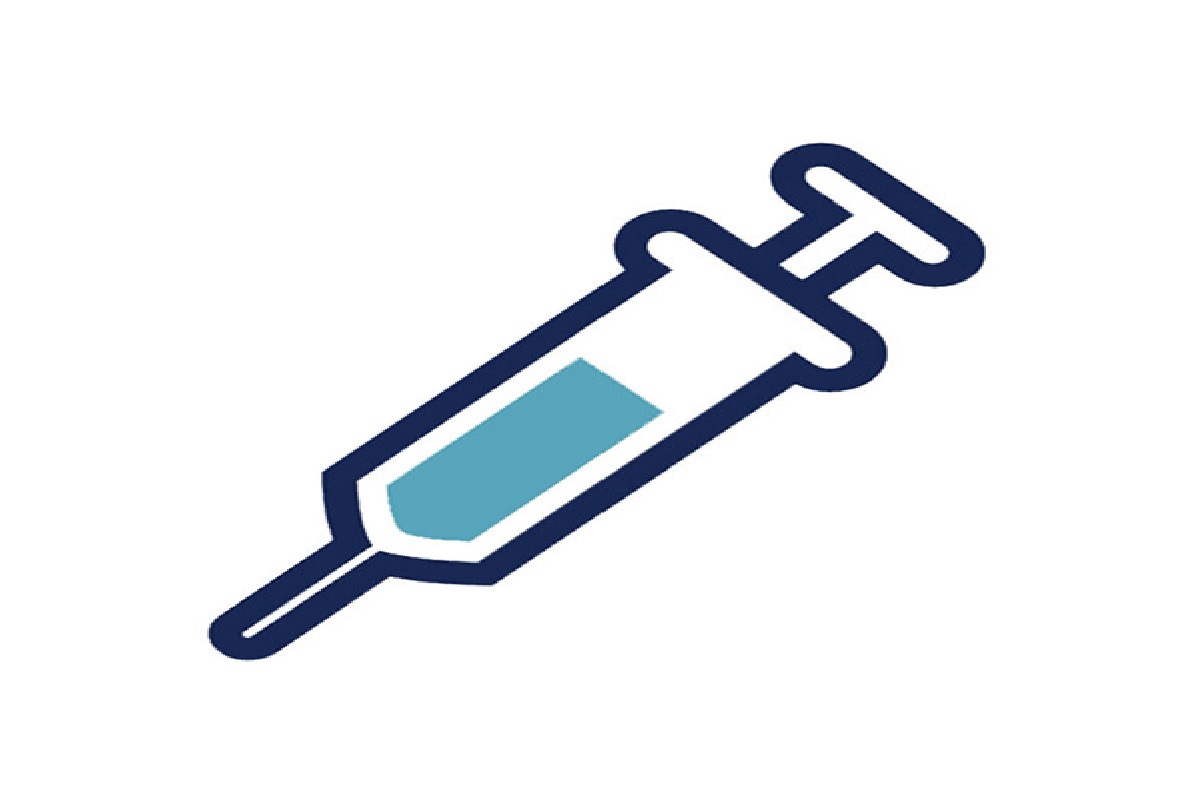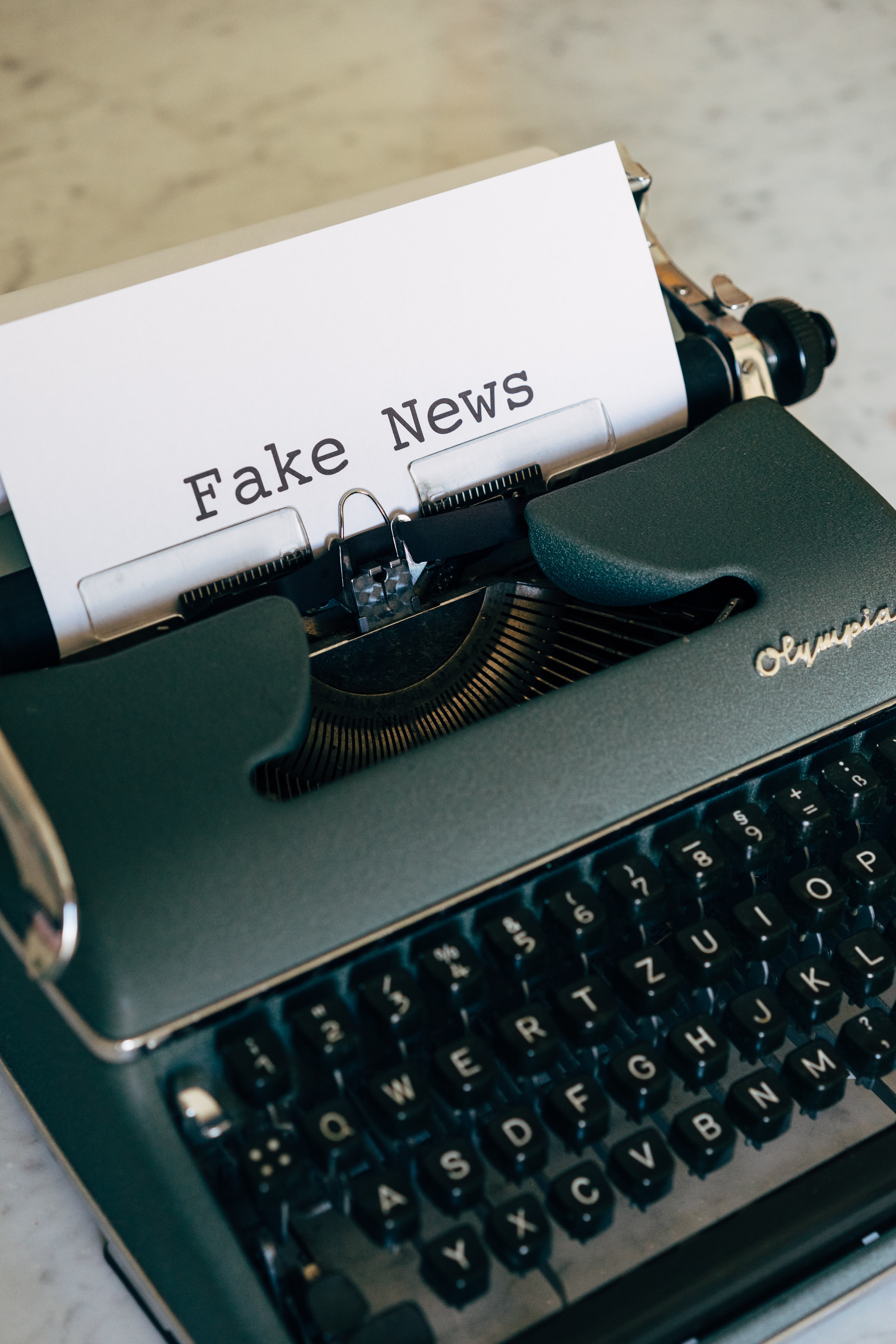Publications
Selected Publications
(For a full list see below or go to Google Scholar)

The Adolescent BADE Task debuts in this daily diary study. Interpretation inflexibility moderated daily associations between negative interpersonal events and depressive symptoms in daily life, such that higher inflexibility was associated with stronger associations between interpersonal events and subsequent depressive symptoms.
Reuma Gadassi Polack, Michael V Bronstein, Marcia Questel, Audrey Edelman, Sophia Vinogradov, Hedy Kober, Jutta Joormann, Jonas Everaert
Development and Psychopathology

We used Greedy Fast Causal Inference to reveal emperically-plausible causal pathways connecting vaccine hesitancy, paranoia, vaccine-related conspiracy theories, and reasoning biases.
Michael V Bronstein, Erich Kummerfeld, Angus MacDonald III, Sophia Vinogradov

We used causal discovery analysis to identify emperically-plausible causal relations between eating disorder symptoms and aspects of interpersonal functioning and habitual emotion regulation.
Michael V Bronstein, Jonas Everaert, Erich Kummerfeld, Ann F Haynos, Sophia Vinogradov
International Journal of Eating Disorders

We comment on the utility of education and other tools to fight online medical misinformation.
Michael V Bronstein, Sophia Vinogradov

We examined whether suicidal ideation and beliefs highlighted in theories of suicide are related to positive/negative interpretation bias and/or a bias against revising negative interpretations in response to evidence against them (negative interpretation inflexibility). We found that negative interpretation bias (cross-sectionally) and negative interpretation inflexibility (cross-sectionally and over time) were related to suicidal ideation and that the latter relationship was mediated by perceived burdensomeness. By identifying this mediation pathway in the present study, we provide a potential mechanism by which perceptions of burdensomeness, a key risk factor for suicidality, might arise and/or persist.
Jonas Everaert+, Michael V Bronstein+, Tyrone D Cannon, E. David Klonsky, Jutta Joormann
Clinical Psychological Science

Research on emotion regulation difficulties has been instrumental in understanding hallmark features of de- pression and social anxiety. Yet, the cognitive mechanisms that give rise to maladaptive patterns of emotion regulation strategy use remain underspecified. This investigation examined the association of negative inter- pretation inflexibility and interpretation biases with the use of common emotion regulation strategies in response to negative and positive emotional experiences (repetitive negative thinking, positive reappraisal, and dampening). Study 1 (N=250) found that inflexibility in revising negative interpretations in response to dis- confirmatory positive information was related to the dampening of positive emotions, but not to repetitive negative thinking or positive reappraisal. Importantly, dampening mediated the relation between inflexible negative interpretations and symptoms of both depression and social anxiety. This mediation model was further supported by the data from Study 2 (N=294). Across both studies, negative interpretation bias was related to repetitive negative thinking and dampening, whereas positive interpretation bias was related to positive re- appraisal. Collectively, these results suggest that both interpretation inflexibility and interpretation biases may contribute to difficulties in emotion regulation related to depression and social anxiety.
Jonas Everaert+, Michael V Bronstein+, Ariana A Castro, Tyrone D Cannon, Jutta Joormann
Behaviour Research and Therapy

Delusion-prone individuals may be more likely to accept even delusion-irrelevant implausible ideas because of their tendency to engage in less analytic and less actively open-minded thinking. Consistent with this suggestion, two online studies with over 900 participants demonstrated that although delusion-prone individuals were no more likely to believe true news headlines, they displayed an increased belief in “fake news” headlines, which often feature implausible content. Mediation analyses suggest that analytic cognitive style may partially explain these individuals’ increased willingness to believe fake news. Exploratory analyses showed that dogmatic individuals and religious fundamentalists were also more likely to believe false (but not true) news, and that these relationships may be fully explained by analytic cognitive style. Our findings suggest that existing interventions that increase analytic and actively open-minded thinking might be leveraged to help reduce belief in fake news.
Michael V Bronstein, Gordon Pennycook, Adam Bear, David G Rand, Tyrone D Cannon

Many reasoning biases that may contribute to delusion formation and/or maintenance are common in healthy individuals. Research indicating that reasoning in the general population proceeds via analytic processes (which depend upon working memory and support hypothetical thought) and intuitive processes (which are autonomous and independent of working memory) may therefore help uncover the source of these biases. Consistent with this possibility, recent studies imply that impaired conflict processing might reduce engagement in analytic reasoning, thereby producing reasoning biases and promoting delusions in individuals with schizophrenia. Progress toward understanding this potential pathway to delusions is currently impeded by ambiguity about whether any of these deficits or biases is necessary or sufficient for the formation and maintenance of delusions. Resolving this ambiguity requires consideration of whether particular cognitive deficits or biases in this putative pathway have causal primacy over other processes that may also participate in the causation of delusions. Accordingly, the present manuscript critically evaluates whether impaired conflict processing is the primary initiating deficit in the generation of reasoning biases that may promote the development and/or maintenance of delusions. Suggestions for future research that may elucidate mechanistic pathways by which reasoning deficits might engender and maintain delusions are subsequently offered.
Michael V Bronstein, Gordon Pennycook, Jutta Joormann, Philip Corlett, Tyrone D Cannon

Interpretation bias is often theorized to play a critical role in depression and social anxiety. To date, it remains unknown how interpretation bias exerts its toxic effects. Interpretation inflexibility may be an important determinant of how distorted interpretations affect emotional well-being. This study investigated interpretation bias and inflexibility in relation to depression severity and social anxiety. Participants (N=212) completed a novel cognitive task which simultaneously measured bias and inflexibility in the interpretation of unfolding ambiguous situations. Depression severity was associated with increased negative and decreased positive interpretation biases. Social anxiety was associated with increased negative interpretation bias. Critically, both symptom types were related to reduced revision of negative interpretations by disconfirmatory positive information. These findings suggest that individuals with more severe depression or social anxiety make more biased and inflexible interpretations. Future work examining cognitive risk for depression and anxiety could benefit from examining both these factors.
Jonas Everaert+, Michael V Bronstein+, Tyrone D Cannon, Jutta Joormann
Clinical Psychological Science

Analytic and intuitive reasoning processes have been implicated as important determinants of belief in (or skepticism of) fake news. However, the underlying cognitive mechanisms that encourage endorsement of fake news remain unclear. The present study investigated cognitive decoupling/response inhibition and the potential role of conflict processing in the initiation of analytic thought about fake news as factors that may facilitate skepticism. A base-rate task was used to test the hypotheses that conflict processing deficits and inefficient response inhibition would be related to stronger endorsement of fake news. In support of these hypotheses, increased belief in fake (but not real) news was associated with a smaller decrease in response confidence in the presence (vs. absence) of conflict and with inefficient (in terms of response latency) inhibition of prepotent responses. Through its support for these hypotheses, the present study advances efforts to determine who will fall for fake news, and why.
Michael V Bronstein, Gordon Pennycook, Lydia Buonomano, Tyrone D Cannon
Full List
Social Interpretation Inflexibility and Functioning: Associations with Symptoms and Stress
Wisteria Deng, Jonas Everaert, Michael V Bronstein, Jutta Joormann, Tyrone Cannon
Journal of Social and Clinical Psychology
Emotion Regulation in the Classroom: A Network Approach to Model Relations Among Emotion Regulation Difficulties, Engagement to Learn, and Relationships with Peers and Teachers
Debbie De Neve, Michael V Bronstein, An Leroy, Alex Truyts, Jonas Everaert
Journal of Youth and Adolescence
Social Interpretation Inflexibility Moderates Emotional Reactions to Social Situations in Children and Adolescents
Reuma Gadassi Polack, Michael V Bronstein, Marcia Questel, Audrey Edelman, Sophia Vinogradov, Hedy Kober, Jutta Joormann, Jonas Everaert
Development and Psychopathology
Developing a novel assessment of interpretation flexibility: Reliability, validity and clinical implications
Wisteria Deng, Jonas Everaert, Mackenzie Creighton, Michael V Bronstein, Tyrone Cannon, Jutta Joormann
Personality and Individual Differences
Willingness to vaccinate against SARS-CoV-2: The role of reasoning biases and conspiracist ideation
Michael V Bronstein, Erich Kummerfeld, Angus MacDonald III, Sophia Vinogradov
Vaccine
Biased and inflexible interpretations of ambiguous social situations: Associations with eating disorder symptoms and socioemotional functioning
Michael V Bronstein, Jonas Everaert, Erich Kummerfeld, Ann F Haynos, Sophia Vinogradov
International Journal of Eating Disorders
Education alone is insufficient to combat online medical misinformation
Michael V Bronstein, Sophia Vinogradov
EMBO Reports
Inflexible Interpretations of Ambiguous Social Situations: A Novel Predictor of Suicidal Ideation and the Beliefs That Inspire It
Jonas Everaert+, Michael V Bronstein+, Tyrone D Cannon, E. David Klonsky, Jutta Joormann
Clinical Psychological Science
When negative interpretations persist, positive emotions don’t! Inflexible negative interpretations encourage depression and social anxiety by dampening positive emotions
Jonas Everaert+, Michael V Bronstein+, Ariana A Castro, Tyrone D Cannon, Jutta Joormann
Behaviour Research and Therapy
Belief in fake news is associated with delusionality, dogmatism, religious fundamentalism, and reduced analytic thinking
Michael V Bronstein, Gordon Pennycook, Adam Bear, David G Rand, Tyrone D Cannon
JARMAC
Pathways to paranoia: Analytic thinking and belief flexibility
Michael V Bronstein+, Jonas Everaert+, Ariana Castro, Jutta Joormann, Tyrone D Cannon
Behaviour Research and Therapy
Dual-process theory, conflict processing, and delusional belief
Michael V Bronstein, Gordon Pennycook, Jutta Joormann, Philip Corlett, Tyrone D Cannon
Clinical Psychology Review
Looking through tinted glasses: Depression and social anxiety are related to both interpretation biases and inflexible negative interpretations
Jonas Everaert+, Michael V Bronstein+, Tyrone D Cannon, Jutta Joormann
Clinical Psychological Science
Belief in Fake News, Responsiveness to Cognitive Conflict, and Analytic Reasoning Engagement
Michael V Bronstein, Gordon Pennycook, Lydia Buonomano, Tyrone D Cannon
Thinking & Reasoning
Measuring bias against disconfirmatory evidence: An evaluation of BADE task scoring methods and the case for a novel method
Michael V Bronstein, Tyrone D Cannon
Psychiatry Research
Mistiming of thought and perception predicts delusionality
Adam Bear, Rebecca G Fortgang, Michael V Bronstein, Tyrone D Cannon
PNAS
Both bias against disconfirmatory evidence and political orientation partially explain the relationship between dogmatism and racial prejudice
Michael V Bronstein, John F Dovidio, Tyrone D Cannon
Personality and Individual Differences
Bias Against Disconfirmatory Evidence in a large Nonclinical Sample: Associations with Schizotypy and Delusional Beliefs
Michael V Bronstein, Tyrone D Cannon
JEP